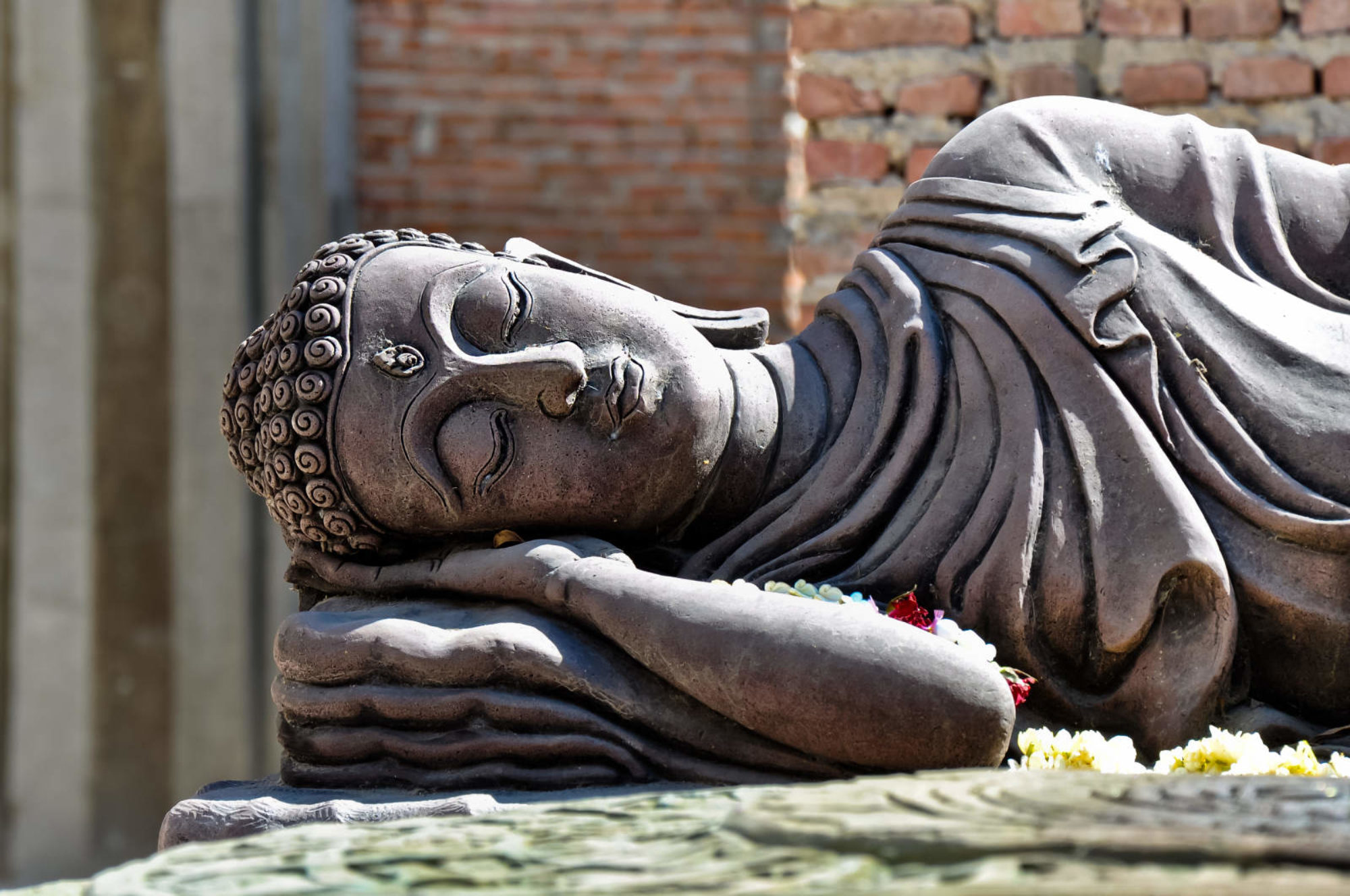
The big thing these days is positivity.
Be positive. Don’t be negative. If something tough happens and we’re venting, someone may say ‘don’t be so negative.’ This prevailing cultural value does put pressure on us to ‘see the positive’ in situations.
But there are several dangerous pitfalls to 24/7 positivity.
Pitfall #1: When we consider others, if we’re determined to focus on the positive, we may get duped by other people who take advantage of our naiveté.

Jungian psychology values wholeness and the whole person. Seeking wholeness, an integration of as much of one’s conscious and unconscious aspects as one can, is a goal. Connecting with my highest self is a goal. But part of the unconscious includes the Shadow. The Shadow contains parts of the self we find unacceptable, sometimes incompatible with the morals or values of society, so we repress them. The Shadow also contains forgotten parts of self, as well as aspects that have never been conscious.
By only acknowledging the positive in oneself and trying to see only the positive in others, we become deliberately blind to the Shadow in others as well as oneself. We ignore our instincts that may tell us when someone is dangerous to us in some way.
Denying another person’s Shadow is rather reckless, in actual fact, as not everyone around us has the best of intentions. Sometimes people want to take advantage, steal material resources or energy from us, or simply manipulate us to do what they want. Allowing our instincts to speak within us to warn us of the danger of someone else – to ‘sniff’ that something isn’t safe or in our best interest in a particular situation – is self-protection and self-care.
Our instincts may be telling us something ‘negative’ about someone else. But that negative is real and requires a cautious attitude in us. I think it is important to have a healthy respect for our own instincts that try to protect us. If we listen to them rather than ignore, dismiss or repress them because they sometimes whisper of other people’s darker motives, we make use of a valuable inner ally.
Pitfall #2: There are difficult emotions and experiences like anger, sadness, grief, heartbreak, that don’t just go away simply by trying to be positive.

Painful experiences and emotions don’t go away simply because we choose to stay positive. Those wounds stick around and sometimes they fester. It’s true, time does help to heal wounds. But talking about them, acknowledging them – these help to let them breathe, let them be released and heal. The inner pressure of keeping those experiences bottled up for fear of seeming negative can really cause a great deal of stress and inner pressure. It can be rather crazy-making. And in my experience, I start to feel cut off from the people closest me if I pretend to be positive when I am suffering inside. That isolation just deepens sadness, pain or grief.
Pitfall #3: The happy front we put up is just one part of the personality, not the whole personality. In Jungian terms, this is called the Persona. By pretending that this is all that we are, we become a fraction of our real self, a mask, even a caricature.

There is a real value in authenticity. My own background in media and my upbringing have strongly predisposed me to perform in many social and extroverted situations rather than trying to be more authentic.
When people are performing with you, do you feel the fakeness of it? Do you get a sense that who they’re showing you is not who they are at all?
For myself, as I have become more conscious of when I am performing rather than being, I have had to start asking myself ‘who am I really?’ ‘How do I really feel in this situation?’
If I am trying to be positive in a situation where I really don’t feel that way, I am not being real. Being authentic rather than being positive is a healthier and more honest goal than trying to be positive all the time.
Those are some of the pitfalls of the positivity trend: it blinds us to others’ dark sides, it covers up our own suffering, preventing healing and even worsening our wounds, and it makes us shallow, a superficial layer of our whole selves.
Why is wholeness something to strive for anyway?
The more we look at and own our shadow aspects through Jungian therapy work with our dreams, the less those contents are projected onto others. For instance, if we acknowledge our own dishonesty in certain situations, we will be less likely to view people around us as overwhelmingly dishonest or untrustworthy. We may also be less likely to be tricked by others who are very dishonest.
Working with our dreams, we will also come to meet parts of ourselves that are wiser than the ego, calling forth more wisdom than we had access to previously. Working at becoming more whole, our consciousness is widened and deepened. We gain depth and knowing, and an inner sense of being guided in our lives.
A final note – I have included images of mandalas in this post because a mandala is a symbol of wholeness, an antidote to the over-valuing of the Persona in oneself and in our culture.




